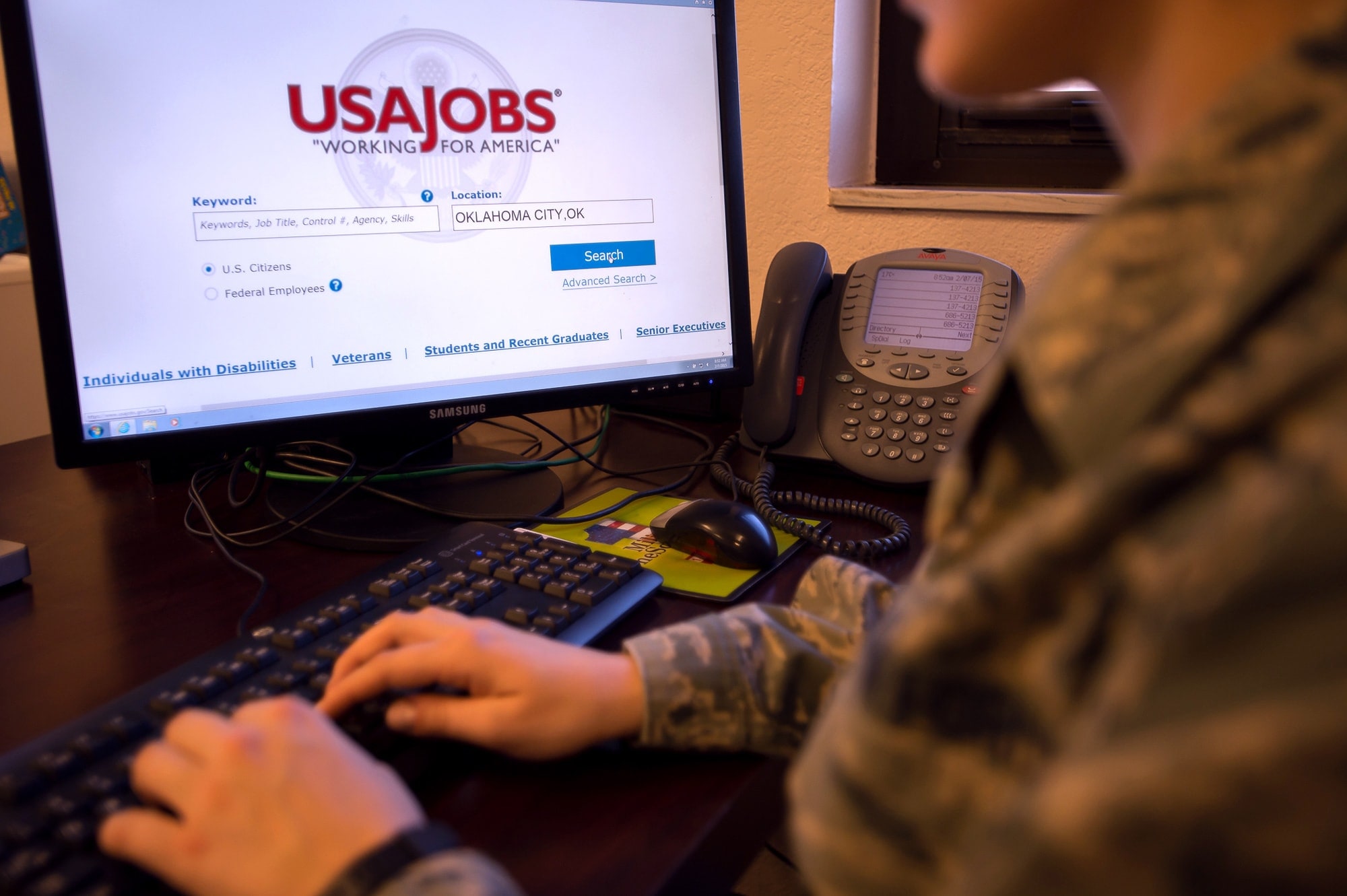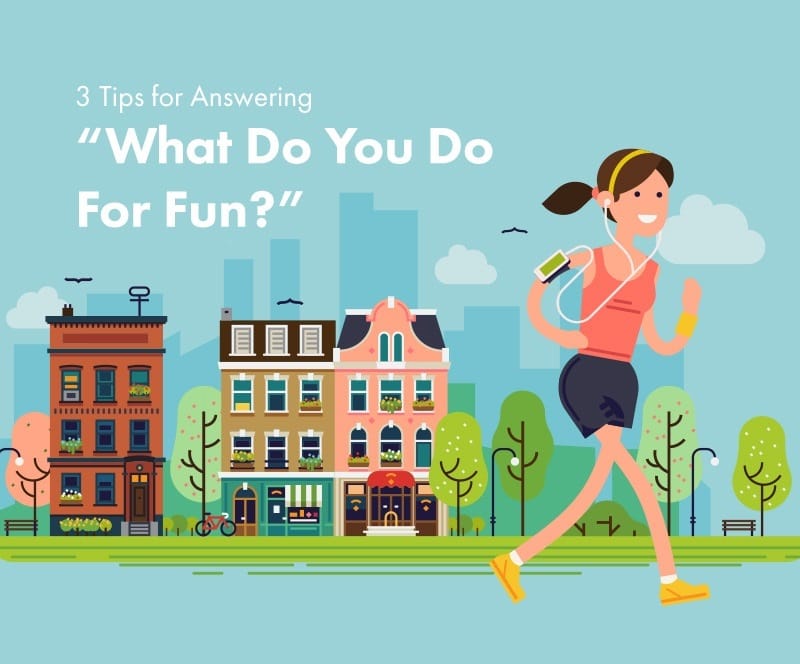- Interview Prep
- Star Method For Answering Questions
- Interview Preparation Checklist
- Star Interview Questions
- Words To Use In An Interview
- Mock Interview Preparation
- How To Make A Good Impression
- Bring Writing Samples
- How To Relax Before An Interview
- Interview Coaching
- Common Video Interview Mistakes
- Common Phone Interview Mistakes
- How To Ace Your Interview For A Remote Job
- Good Weaknesses For A Job Interview
- Good Strengths For A Job Interview
- How To Prepare For A Phone Interview
- Talk About Being Laid Off
- How To Decline An Interview
- How Early Should You Arrive For An Interview
- Types Of Interviews
- Communication
Find a Job You Really Want In
It’s tough enough to make a positive impression on a hiring manager in a face-to-face interview, but doing it through a screen doubles the difficulty. Many companies have moved their hiring process online due to Covid, but it’s a practice that will likely continue in the future because of its efficiency.
Additionally, remote jobs conduct virtual interviews to assess the applicants for an open work-from-home position. This means that job seekers need to be prepared to ace a remote job interview when it’s requested.
If you have a remote job interview coming up that’s working your nerves, consider the following 15 tips to prepare:
-
Be clear about the interview platform and time. The first action that job applicants should take in preparation for a remote interview is to confirm the platform and time. The interview platform will typically be Skype, Zoom, or another popular video-chatting software.
Alternatively, the interview could be done over the phone. If you’re conversing with a hiring manager via email, respond to the interview invitation with these details reiterated.
Be sure to take time zone differences into account when you’re interviewing for a remote job because the recruiter could be in another state or even a different country.
-
Practice on video-chat software beforehand. Once you’re aware of the video-chatting platform that you’ll be using for your interview, take some time to practice with it. Even if you’ve used it before, it’s helpful to run through a refresher.
In addition to knowing the basic functions of the video-chat software, you should also practice an interview performance under these conditions.
Enlist the help of a trusted friend or family member to hop on a video chat and feed you interview questions that you might receive. While it might feel silly to pretend your friend is an interviewer, it can drastically improve your performance.
-
Double-check your Wi-Fi connection. A precaution that you must take during a remote interview is ensuring the strength of your wifi. It’s disruptive for a candidate’s video during an interview to continually cut out due to lagging internet, and it might even ruin your chances of getting the job.
If you know that your internet is spotty, ask a friend if you could interview at their house to use their Wi-Fi connection. Otherwise, find a nice cafe with Wi-Fi and outdoor seating to use for the interview with headphones on.
-
Research your potential employer. This tip is good practice for any job interview but can be particularly helpful when interviewing remotely.
Researching the employer that you’re hoping to work for before an interview prepares you to receive any questions about it and improves your answers to inquiries that aren’t directly about knowledge of the company.
In addition to helping your performance in a virtual job interview, researching the organization also informs you about whether you want to work for the company in the first place.
-
Keep notes and your resume handy but not visible. One of the biggest benefits of a remote job interview is that you can keep your resume and notes handy while responding to questions.
You should try to keep these documents out of the interviewer’s sight but still close enough to read. Placing them on the table next to your computer or taped to each side of the screen both function well.
Having these shorthand notes and your prior experience on hand can make answering a series of targeted questions a little less daunting.
-
Tidy up the area seen on video chat. In a traditional interview, the hiring manager is responsible for finding a suitable environment to hold the interview. However, in a remote interview, the environment on your end is up to you. While the hiring manager won’t be privy to every nook of your home, they’ll be able to see the general background in your video.
To ensure that you’re seen as organized and professional, tidy up the area that will be seen by the recruiter a little before the interview. Be mindful of the features that are in view. Try to keep the background simple and non-distracting.
-
Dress to impress. Even though the hiring manager won’t be seeing your full outfit ensemble in a remote job interview, you should still dress professionally. While you can spend less energy worrying about which shoes or pants to wear, your upper half needs to be immaculate.
Your outfit is the first thing that prompts a recruiter’s perspective of you in an interview. The goal is to give off the impression that you’re prepared, professional, and well put together, despite the fact that your interview isn’t face-to-face.
Additionally, don’t neglect your face and hair. This is where the hiring manager is going to be looking at most of the interview. Women should wear light but flattering make-up and tidy their hair. Men should groom their facial hair and style their hair professionally.
-
Check your appearance directly beforehand in a photo booth or a phone camera. Directly before your remote interview starts, check your appearance and surroundings on a device’s camera. This could be done in a photo booth or even the camera on your cell phone.
It’s best to know that you look your best right before getting on the video call instead of seeing smudged make-up or messiness in the background during the first moments of the interview.
-
Emphasize your remote-friendly skills. During an interview, a recruiter is curious to find out more about the abilities that have been recorded on an applicant’s resume, and the candidate should oblige by divulging their telework skills.
Whether you’re interviewing for a job that’s permanently or temporarily work-from-home, emphasize your remote-friendly skills. Many qualities can assist someone in a remote role. A few examples include:
-
Organization
-
Computer skills
-
Dedication
Emphasizing some of these skills or other remote-friendly skills that apply to your professional habits makes a hiring manager more inclined to believe that you could handle the tasks of the job.
-
-
Arrive at the virtual interview early. When the aspect of commuting to an in-person job interview gets taken out of the equation, many candidates neglect their timing. They might cut down on their hours to get ready or sleep in a little longer because they don’t have to drive there. Avoid doing this.
If anything, arrive early for a virtual interview. Most platforms have a waiting room that candidates can await their interviewers patiently. Showing up five to ten minutes early demonstrates punctuality and organization to the hiring manager, which are two important qualities in remote work.
-
Pay attention to your body language. Job candidates are often hyper-vigilant of their body language during an in-person interview but could slack off in this department when it’s held remotely.
Your body language tells a recruiter a lot about you. It shows your eagerness, or nervousness, for the opportunity to interview and construes confidence to display positive body language.
Examples of body language include:
-
Nodding your head
-
Upright posture
-
Maintaining steady eye contact
-
Smiling
-
-
Let the interviewer finish their question completely before speaking. Allowing the interviewer to finish their question or thought before speaking is an important part of any communication. However, in a remote interview, it’s important for more reasons than just politeness because you’re communicating over a computer.
You should wait for an interviewer to finish their statement completely because technical difficulties can arise when everyone is talking over each other. This can be disruptive to the interview and annoying to both parties.
-
Use headphones, if possible. It’s best to use headphones during a remote interview, even if you’re doing it from the comfort of your quiet home. Sounds can have a way of emerging when you need silence. Wearing headphones eliminates the possibility that anything will go unheard.
-
Maintain eye contact with the interviewer. This is another tip that comes naturally when a job applicant is interviewing in person but might be a little more difficult using virtual methods.
You shouldn’t be so intent on looking directly in their eyes through the video that it’s creepy, but try to maintain eye contact the best you can. It’s an act of positive body language that shows the interviewer you’re engaged in the conversation.
-
Have a list of questions in mind to ask at the end of the interview. At the end of most interviews, virtual or not, a hiring manager will probably glance over their notes one last time before looking back up and saying, “do you have any questions for me?”.
When this comes up during a remote interview, it’s helpful you have some good questions prepared on your notes. Asking questions at the end of a virtual interview displays your genuine interest in the role and preparedness in making professional decisions.
Examples of questions to ask at the end of a remote interview include:
-
Is there an opportunity to grow in this role?
-
What’s the company culture like?
-
How is success measured in this position?
-
Can you give me an example of how I would collaborate with my supervisor on a typical day?
-
When can I expect to hear back from you about your decision?
-





